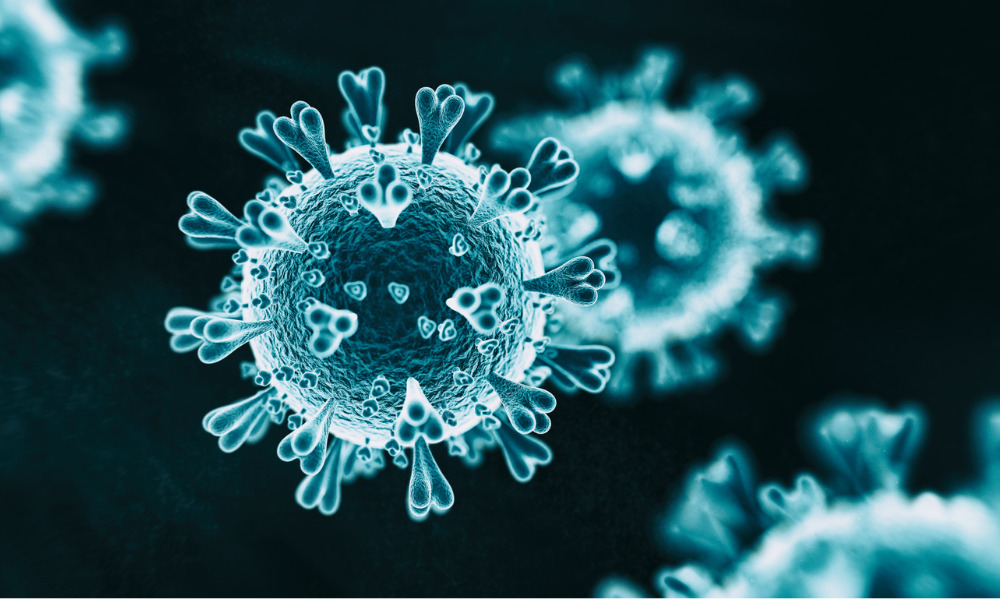
Hundreds of workers are expected to stay home after NZ's first community case in two months

Businesses in Northland are facing an anxious wait after a woman tested positive for COVID-19 after leaving managed isolation.
Hundreds of workers are expected to stay home today to limit the risk of a community outbreak, according to the Northland Chamber of Commerce.
The 56-year-old woman, who returned to New Zealand from overseas at the end of December, returned two negative tests while in quarantine.
Between January 14 and 22 she visited around 30 locations, including supermarkets and hospitality venues while unknowingly infectious.
The exact origin of her infection hasn't been identified yet and authorities say they are presuming it is the more easily transmissable strain which began in Europe.
Authorities have identified four close contacts, all who are now in isolation, and say the woman was meticulous about checking in using the Covid Tracer app.
This morning Covid-19 response minister Chris Hipkins confirmed two of the four close contacts had returned negative test results.
"I can confirm that the first test results for two of our latest case’s close contacts are back, both tested negative. Some good news to start the day!" he said in a tweet.
The fresh case has hit local businesses hard after almost two months without any community transmission.
Employees at Countdown in Helensville and FreshChoice in Ruakaka who were working when the woman visited will remain home until they return a negative test result.
Authorities are said to be preparing a decision on the upcoming Waitangi Day celebrations as they ramp up testing in the area.
Local media have reported long queues and frustrations at testing sites in Northland and Auckland.
Northland Chamber of Commerce chief executive Stephen Smith urged business leaders to reconsider any large gatherings until the scale of the potential outbreak is fully understood.
"If you're looking at putting together major gatherings the last thing you'd want as a result of that is for an explosion of outbreak,” he told RNZ.
"You just cannot do it, you just can't take that risk, you just can't gamble with people's livelihoods and lives."